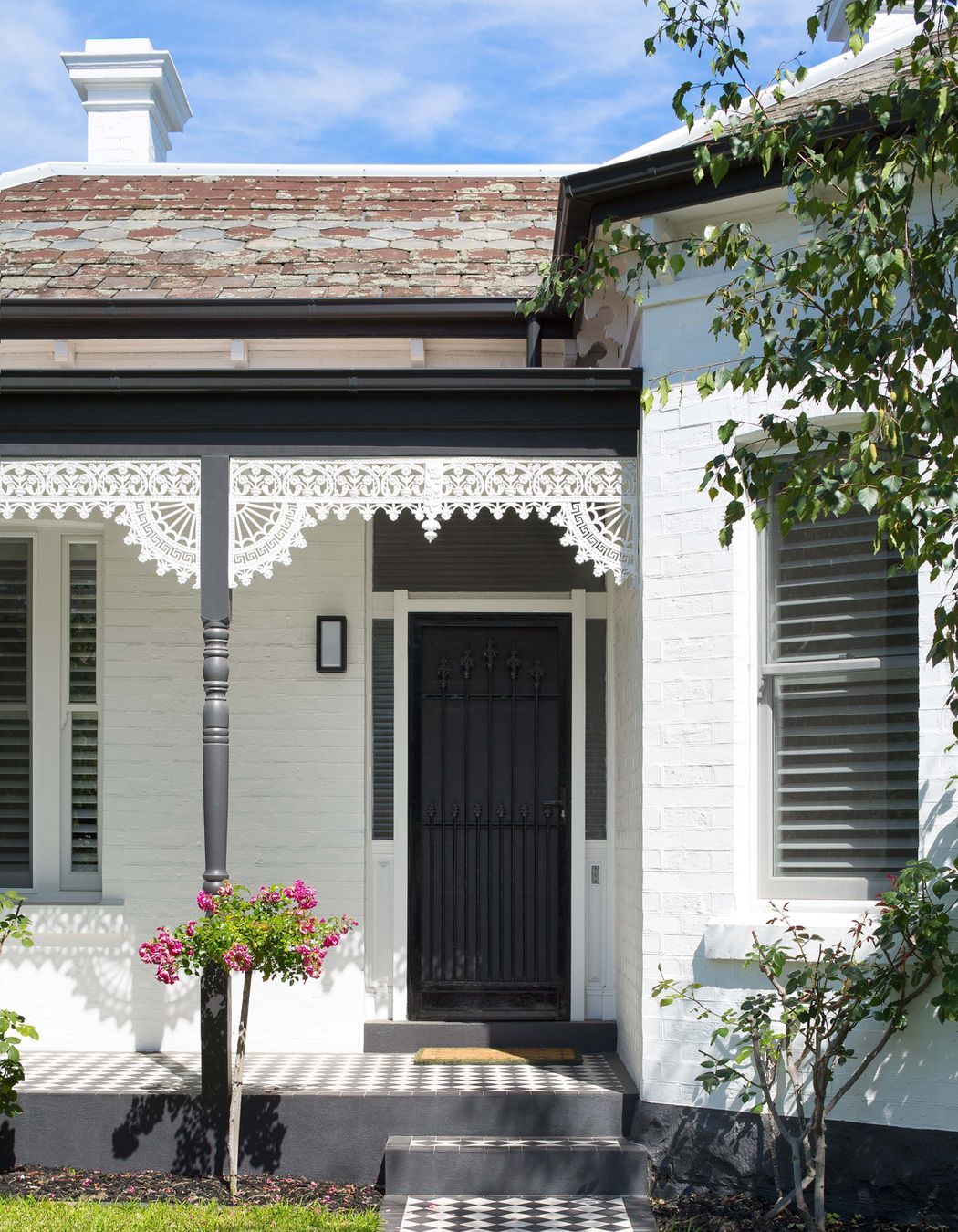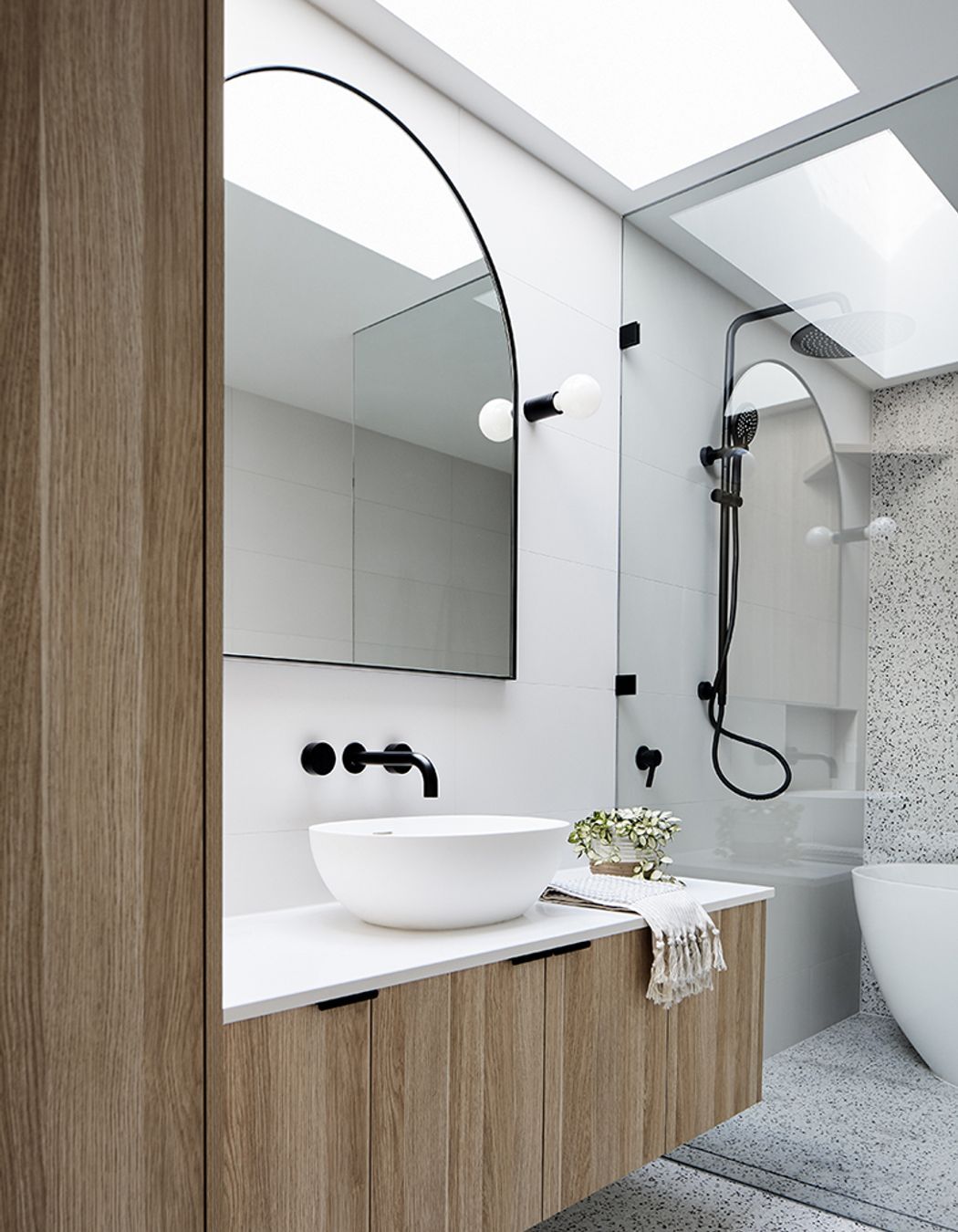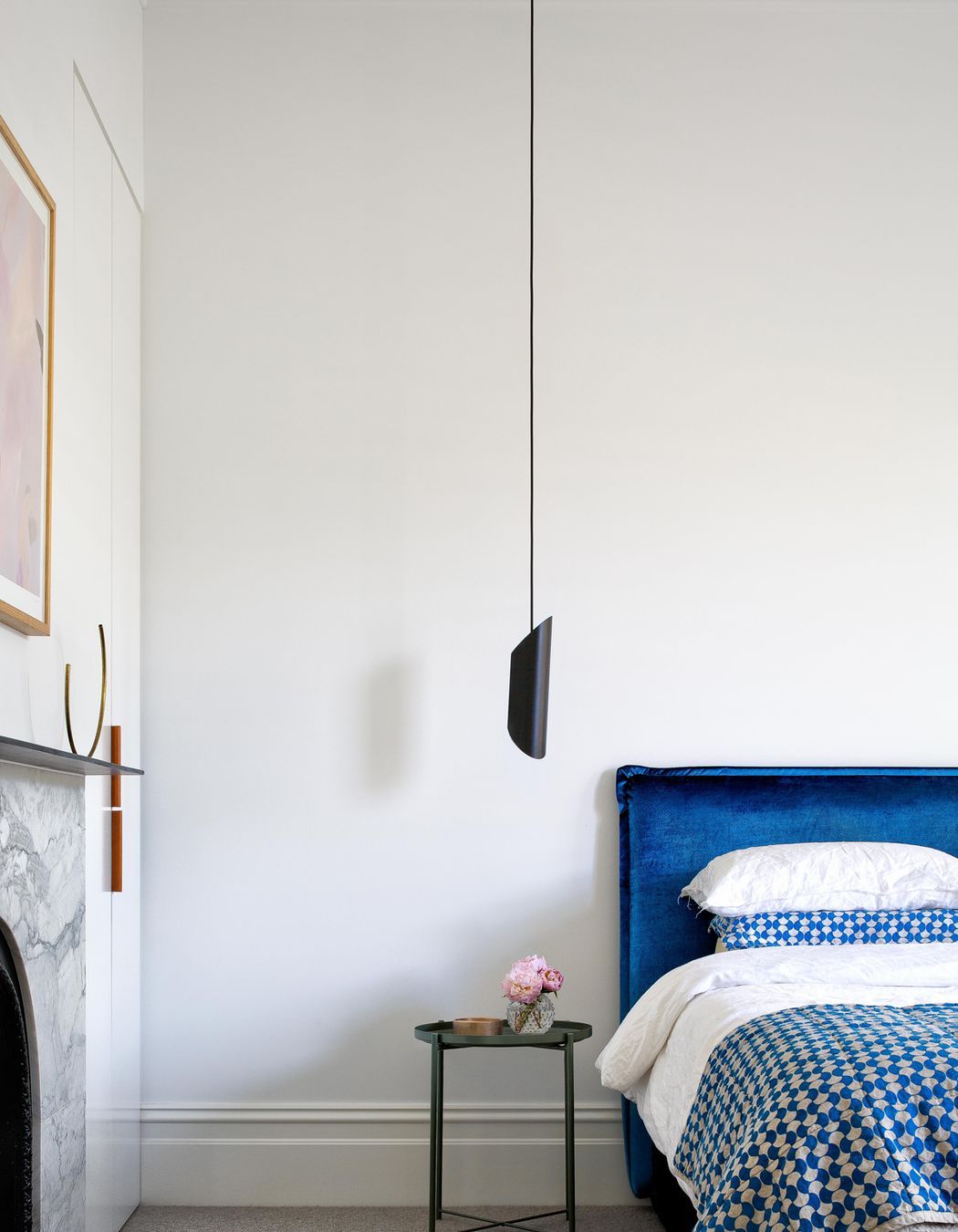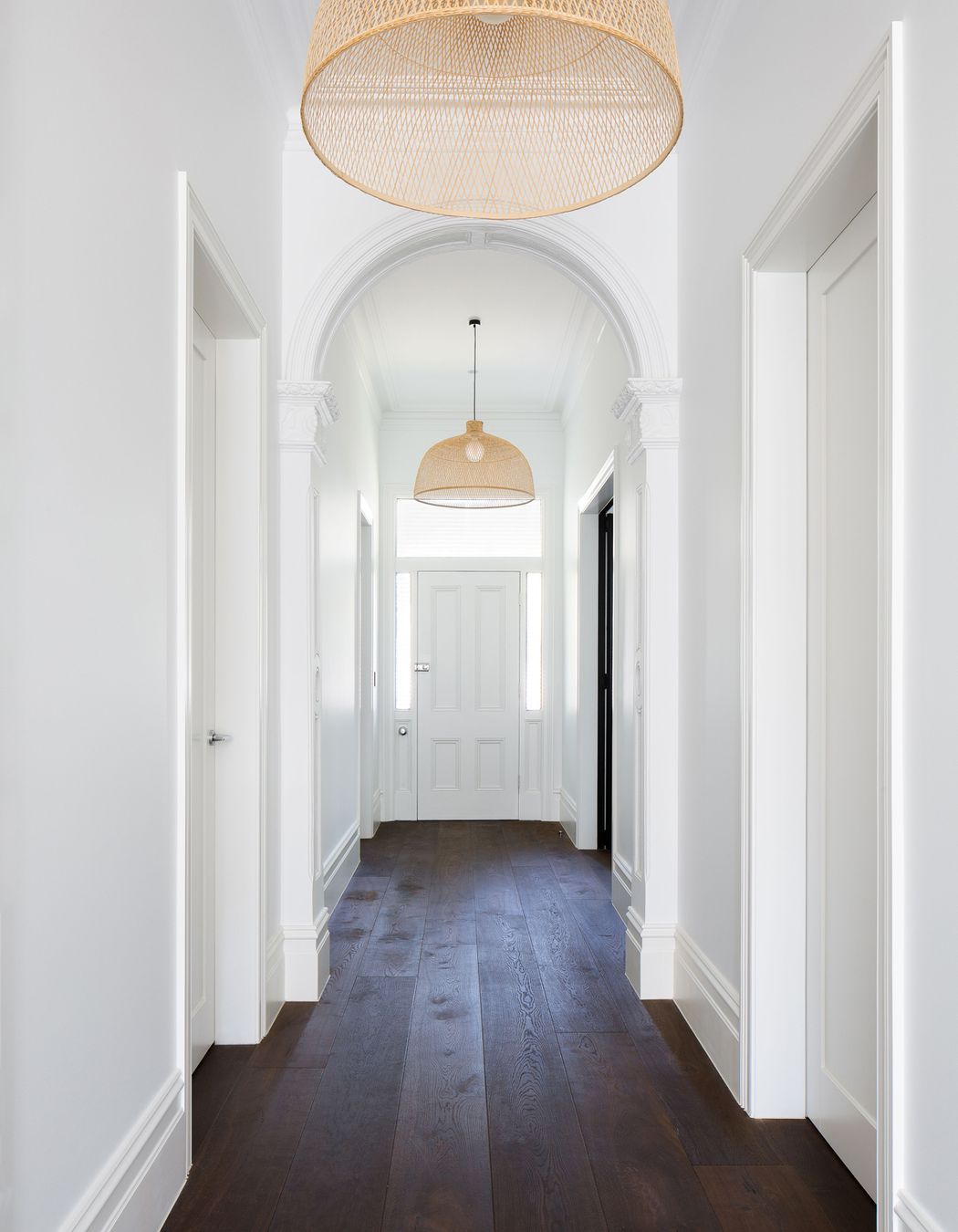Renovating Heritage Homes: What You Need to Know Before You Start

Renovating heritage homes can be a challenging process to navigate. In property terms ‘heritage’ basically, are buildings recognised to have historic or cultural significance by the state or local government and are considered worthy of preserving their structure and aesthetic appeal for future generations.
One of the most common challenges that you can face when renovating a heritage home is complying with various council regulations on what you can and cannot do.

Research
The first step is to do your research. Investigate whether there is a heritage overlay and what that involves, you can do this by contacting your local council.
Identify the age and era of your home and be familiar with the characteristics of homes in this era. Works on heritage-listed homes are generally encouraged to ensure that the heritage character of the home is maintained and appropriate.
What you can and can’t do to a heritage-listed home will vary between local councils but generally, the requirements are around preserving the style and appearance, especially the façade of the home and keeping a balance between the old and the new. Any new house additions must retain the visual integrity and must be sympathetic to the existing building while creating a clear visual separation between old and new.
Things you can do
Make it liveable
This means installing or upgrading utilities and necessities like gas, heating & cooling, phone lines, internet connections, fire alarms and rewiring anything that needs repairing to make it suitable for modern-day living essentials.
Upgrade kitchens + bathrooms
Generally speaking owners of heritage-listed homes can always renovate the kitchen, bathrooms and laundry to suit modern-day lifestyles.

While you can renovate the back rooms of a heritage property you must preserve the original style and structure of the front rooms. Small alterations to living rooms and bedrooms are allowed to ensure their heritage characteristics are kept in good condition.

Repairs + preserving the details
Given that they do not alter the homes heritage features you can upgrade roof vents, ceilings and flooring.
Rotten windows can be replaced with some from the same era or made to look like they are from the same era. Gutters and downpipes that need replacing can also be replaced on a like for like basis.

Things you can’t do
Changes to the façade
The street frontage of a heritage-listed building usually needs to be preserved and retained. Unless you are repairing or carrying out maintenance works the exterior façade is off-limits. Heritage colour schemes vary from area to area so if you are planning on giving the walls a fresh coat of paint you will most likely need to stick to the original colour scheme.
Any visible element of the home’s exterior will need to be replaced on a like for like basis.
Change the original structure
The structure of the front rooms of a heritage-listed home will generally need to be preserved and retained. You can, however, renovate the back rooms to achieve an open plan living provided you obtain the right permits from your local council.

Extensions and alterations
If you are planning to add an extension you will need to take into consideration the size of the alteration, how it will look within the streetscape and what materials and finishes are going to be used.
Any alterations and additions must be recessive in nature and the proposed materials of the addition will need to be chosen carefully to ensure clarity and visual separation between old and new while not detracting from the heritage nature of the existing dwelling.
Do you want to maintain the characteristic features and exterior appearance of your heritage home and benefit from a modern, spacious interior that suits a contemporary style of living?
That’s what we’re here for, at DX we specialise in renovations, restorations and additions to heritage dwellings and improve the quality of life for its occupants.
